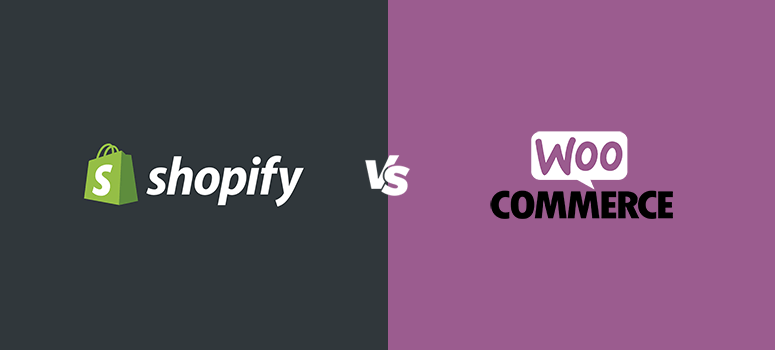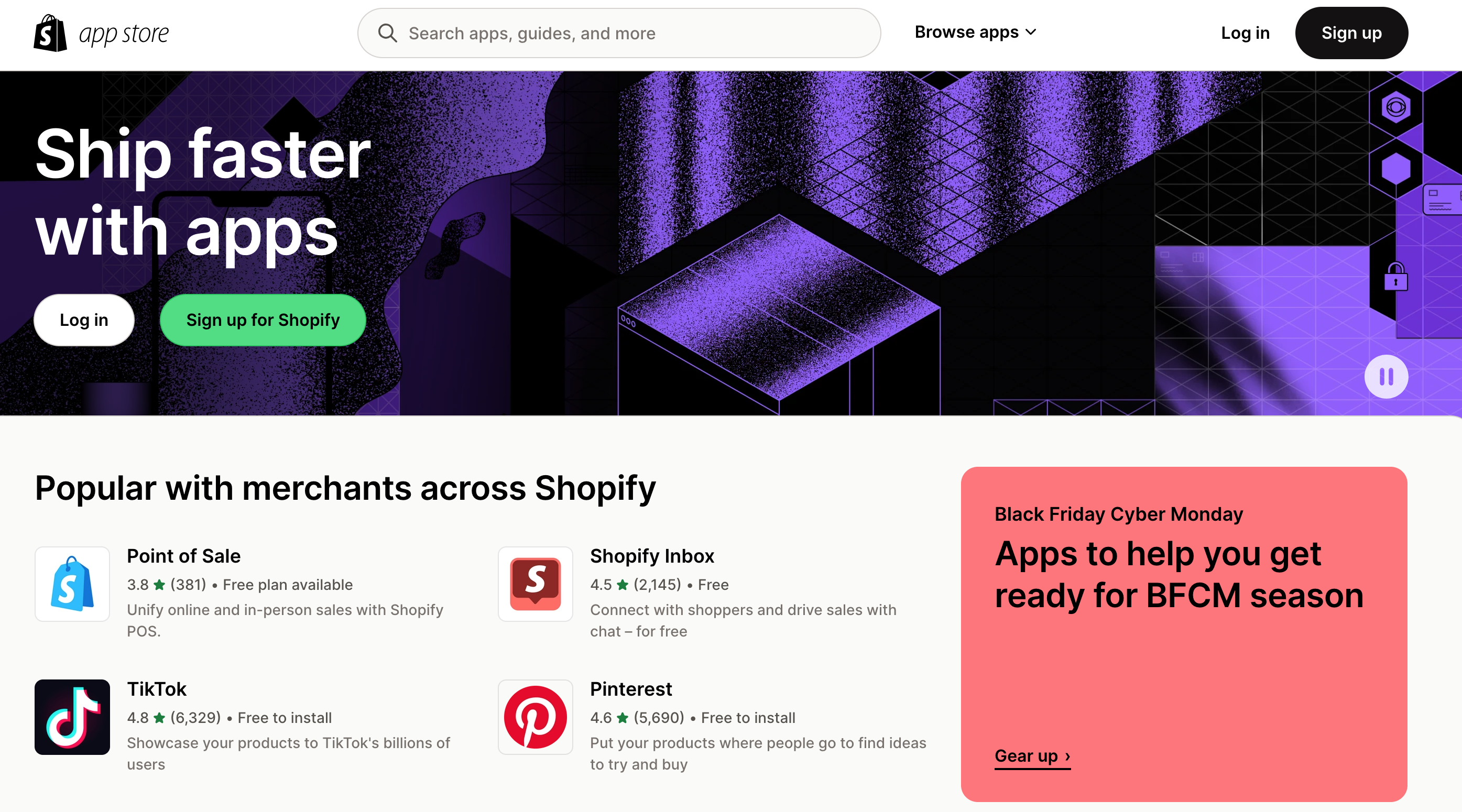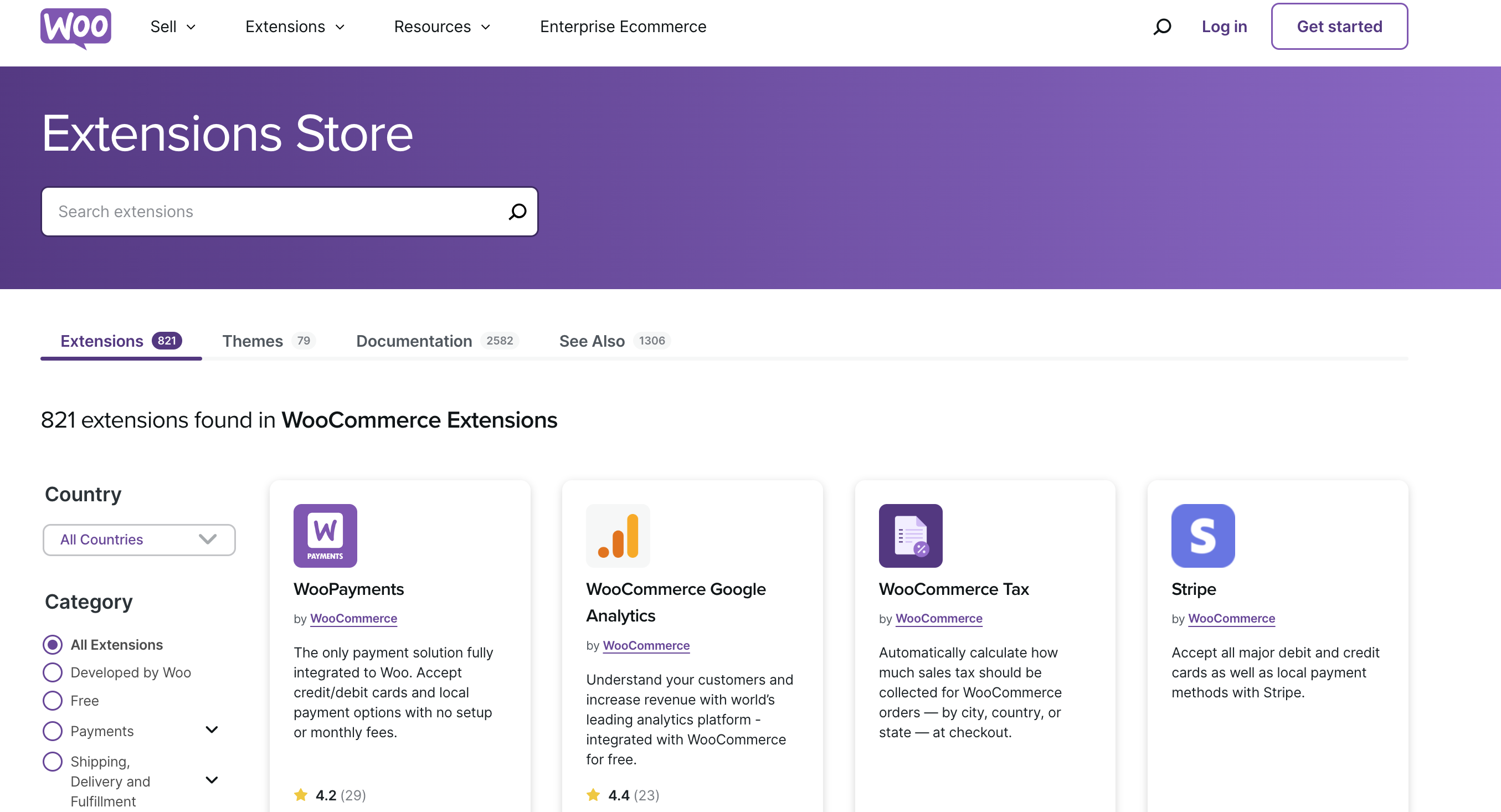Having a blog integrated seamlessly with ecommerce is “marriage made in heaven” as it enables eCommerce as a business model to leverage content marketing to drive sales and grow the ecommerce business.
Sometimes as an entrepreneur you need a good balance of ecommerce features and blogging capabilities.
This is quite a unique need although common with most approaches to ecommerce given that content marketing is one of the most effective approaches to digital marketing and ecommerce.
Shopify vs. WooCommerce: A Comparison for Blog and Ecommerce

This post will guide you on choosing the best website builder for blog and ecommerce.
In a nutshell, the post places the spotlight on Shopify as the best and leading ecommerce platform and WooCommerce, the top performing and most popular plugin for the most popular blogging and content management system (CMS), WordPress.
Ease of Setup | Ease to use website builder suited for beginners with no technical expertise | Requires technical knowledge to extend design and functions |
|---|---|---|
Blog Integration | Shopify has a built-in blogging engine, although not as comprehensive as WordPress | WooCommerce integrates seamless with WordPress CMS, which has robust blogging features |
Ecommerce Features | Robust and comprehensive ecommerce, features, functions and tools | Off the bat, eCommerce functionalities not as robust as that of Shopify |
Themes and Customization | Vast collection of highly customisable free and paid themes | Based on WordPress themes, offers a good range of design options |
App Ecosystem | Has a vast app ecosystem with numerous add-ons, plugins and extensions | Good range of plugins and extensions – not as extensive as that of Shopify |
SEO-Friendliness | SEO features to optimize product page titles, URLS, meta tags, etc. Add Ons available for advanced needs and use cases. | Relies on third party WordPress’s SEO plugins and extensions |
Scalability | Accommodates businesses of all sizes- you can start small and grow with the platform | Scalability is determined by WordPress’s performance and hosting capabilities |
Pricing | Flexible pricing plans with 14 day trial and only $1 per month for the first 3 months on any premium plan. | WooCommerce is open source and hence free, however additional costs are easily incurred in customisations, integrations and additional development. |
Shopify Plus A Content Marketing Addon or WooCommerce and WordPress?
Making a decision for the best website builder for blog and ecommerce can be overwhelming. However, what you need to consider is that the primary needs of a business involved in selling products or services online are: ecommerce – while the content marketing capabilities are secondary.
In other words, this is the question that you need to settle: Do you want an ecommerce platform that has blogging capabilities? or, you need a blogging platform with ecommerce capabilities?
So, if your needs resonate with the first scenario, then your decision making must be based on settling for the best ecommerce website builder for ecommerce that can incorporate blogging instead of settling for the best blogging platform that can incorporate ecommerce.
For the reasons as outlined above, the choice for Shopify over WooCommerce is more compelling based on the reasons outlined below.
Ecommerce-Centric Focus
From an ecommerce centric focus, Shopify wields more robust features than WooCommerce. Shopify is a fully fledged ecommerce solution while WooCommerce is simply an ecommerce plugin for WordPress.
Shopify offers a solid set of features, capabilities and functions for running a digital store. Key features include a comprehensive inventory management, shipping solutions and integrations and inventory management.

On the other end, WooCommerce ecommerce features are not as robust as that of Shopify. The plugin’s core strength is in extending ecommerce features to WordPress’s blogging functions.
Settling for the ecommerce WordPress and WooCommerce approach can lead to less comprehensive and efficient ecommerce experience- while yielding the benefits of more comprehensive blogging and content marketing capabilities.
User-Friendly Website Builder Interface
This one is a very important area to consider. If you are going into ecommerce it is important to consider the easiest website builder for an online store. This is particularly crucial for businesses that look to sell custom products online.
A digital website builder determines how far you can go with customising product listings and how far your end user customers can go in personalising them. Shopify has a user-friendly drag and drop digital store builder.
The solution does not require any coding and design technical skills and can therefore be used by users of different competence levels.
On the other end, while WooCommerce integrates seamlessly with WordPress, you will need to invest in custom development for certain features, customisations and integrations.
Themes and Customization
Shopify has a vast collection of free and paid themes that cater to different niches, product types and styles.
Shopify themes are highly customisable, mobile friendly and optimised for a seamless shopping experience across all devices desktop, tablets and mobile.
WooCommerce also has a growing collection of themes, however the plugin does not afford the level of customisation and flexibility you get with Shopify.
With WooCommerce you need to be prepared to either simply work with what the WooCommerce plugin gives you or to rather invest in custom development and customisations.
App Ecosystem
The capability to extend the features, look and feel and capabilities of your digital store beyond the default features is important in ecommerce. This is where Shopify shines with its expansive marketplace of apps, plugins and addons.

If the default features of Shopify don’t meet your custom needs 100%, you have an option to visit Shopify’s app ecosystem and procure an addon that provides the features you need.
This could be in the aspects of inventory management, selling your products on social media, product displays, email marketing and SEO, etc.
WooCommerce also has a considerable selection of plugins and extensions. The plugins and extensions cover features such as SEO, social media marketing, email marketing and analytics.

That said, WooCommerce app ecosystem doesn’t come close to Shopify’s extensive app ecosystem.
Blogging and SEO
Both Shopify and WooCommerce (WordPress) have blogging capabilities. That said, WordPress has more robust blogging capabilities than Shopify. So it goes back to what’s more important for you -blogging features or ecommerce capabilities.
Final Thoughts
If you are seeking the best website builder for blog and ecommerce, Shopify excels in ecommerce and has an in-built blogging engine (although not as robust as WordPress).
Also, Shopify has various extensions such as Bloggle that can be used to add blogging capabilities to the ecommerce solution.
If you are getting into the business of selling products and services online, you cannot afford to compromise on ecommerce capabilities.
The best way to get insights on the best website builder for ecommerce and blogging is play around with these alternative hands on and get a practical sense of what really works for your needs.
WooCommerce is free, so you can test this without incurring any costs, Shopify has The good part with Shopify is that you can test drive the platform on 14 day free trial – after which you will pay only $1 per month for the first three months.
This gives you ample time to test if any of these platforms can meet your needs before you incur any financial risks.
So you can get started right away.
All the best in your ecommerce endeavor.

